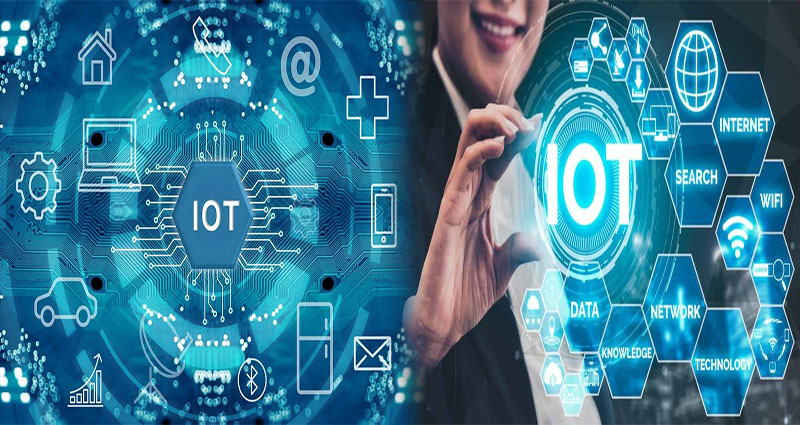The concept of the Internet of Things (IoT) has been gaining momentum in the realm of technology, promising a future where devices are interconnected and communicate seamlessly. In this article, we will delve into the definition of IoT and explore the various benefits it offers to individuals, businesses, and society as a whole.
Understanding the Concept of IoT
At its core, the Internet of Things refers to the network of interconnected devices that can communicate with each other over the internet. These devices, equipped with sensors and connectivity features, collect and exchange data, enabling them to interact intelligently and autonomously. From smartphones and wearables to smart home appliances and industrial machinery, IoT encompasses a wide array of connected devices.
The communication between IoT devices is facilitated through wireless technologies such as Wi-Fi, Bluetooth, and cellular networks. By leveraging these connections, devices can share information, receive commands, and perform tasks based on predefined parameters. This interconnected network of devices forms the foundation of IoT, enabling a seamless exchange of data and insights.
Benefits of IoT
Improved Efficiency
One of the key benefits of IoT is its ability to streamline operations and enhance efficiency. By automating tasks and processes, IoT reduces manual intervention, minimizing errors and improving productivity. In industrial settings, IoT enables predictive maintenance, real-time monitoring, and optimized workflows, leading to cost savings and enhanced operational efficiency.
Enhanced Connectivity
IoT promotes connectivity by creating a network of devices that can communicate and collaborate in real-time. This interconnectedness allows for seamless data sharing and synchronization, enabling devices to work together harmoniously. Whether it’s enabling smart home automation or facilitating smart city initiatives, IoT enhances connectivity and communication between devices and systems.
Data Insights and Analytics
IoT generates a vast amount of data that can be analyzed to extract valuable insights and trends. By collecting and analyzing data from IoT devices, businesses can gain a deeper understanding of consumer behavior, market trends, and operational patterns. This data-driven approach empowers organizations to make informed decisions, predict outcomes, and optimize strategies for better results.
Personalized Experiences
IoT enables personalized experiences by tailoring services and interactions based on individual preferences and behaviors. From smart devices that adjust settings according to user preferences to personalized recommendations in e-commerce platforms, IoT enhances user experiences by delivering customized solutions and content.
Sustainability and Resource Optimization
IoT plays a crucial role in promoting sustainability and resource optimization. By monitoring energy consumption, optimizing resource usage, and reducing wastage, IoT contributes to environmental conservation and sustainable practices. Smart energy management systems, waste management solutions, and water conservation initiatives are some examples of how IoT can drive sustainability efforts.
The concept of IoT holds immense potential for transforming the way we live, work, and interact with technology. By embracing IoT and harnessing its benefits, individuals, businesses, and society can unlock new opportunities for innovation, efficiency, and sustainability. As IoT continues to evolve and expand its reach, its impact on various industries and sectors will undoubtedly shape the future of a connected and intelligent world.









